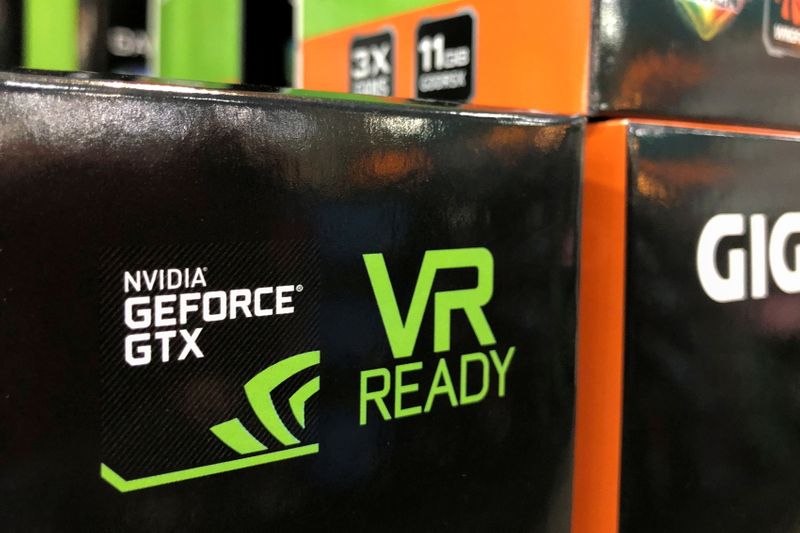Quiver Quantitative - Nvidia (NASDAQ:NVDA) Corporation (NVDA) is currently facing significant competition from a coalition of tech giants, including Qualcomm (NASDAQ:QCOM) (QCOM), Google (NASDAQ:GOOGL) (GOOGL), and Intel (NASDAQ:INTC) (INTC), in the rapidly advancing field of artificial intelligence (AI). Known for its dominance in AI chips, Nvidia has also fortified its market position through its CUDA software platform, crucial for AI and app development. This platform has made competition challenging due to its widespread adoption by over 4 million developers globally.
The coalition, part of the UXL Foundation, is strategically targeting Nvidia's stronghold by developing a suite of open-source software and tools designed to operate across various AI accelerator chips. This initiative, spearheaded by Intel’s OneAPI technology, aims to democratize AI development by enabling computer code to run on any machine, regardless of the underlying hardware. Google’s involvement, through its director and chief technologist of high-performance computing, Bill Hugo, is pivotal in guiding the technical direction of this project.
Market Overview: -Nvidia dominates the AI chip market, fueled by its powerful hardware and proprietary CUDA software relied upon by millions of developers. -However, a coalition of tech companies including Qualcomm, Google, and Intel is forming to challenge Nvidia's software dominance.
Key Points: -Breaking the Software Grip: The UXL Foundation, a consortium of tech companies, is developing an open-source software suite (OneAPI) that can run on any AI chip, not just Nvidia's. -Unlocking Developer Choice: UXL aims to create an open ecosystem for machine learning frameworks, giving developers more freedom and flexibility in hardware selection. -Long-Term Goal: While Nvidia hardware and code are not currently supported, UXL hopes to ultimately create a platform encompassing all major players in the AI space.
Looking Ahead: -UXL's Development: The foundation is finalizing technical specifications and aims for a "mature" system by year-end. Attracting cloud providers and chipmakers is a key priority. -Nvidia's Response: Nvidia acknowledges the growing trend of open-source AI software but emphasizes its commitment to accelerating innovation within its ecosystem. -Venture Capital Spotlight: Investment in AI software startups aimed at challenging Nvidia has surged, exceeding $4 billion in total funding.
The technical committee of UXL is set to finalize technical specifications soon, with a goal to mature these details by year-end. The project’s objective is to create a foundation robust enough to support contributions from diverse companies and deployable across different chips and hardware systems. UXL is also actively seeking involvement from cloud computing giants like Amazon (NASDAQ:AMZN) (AMZN) and Microsoft (NASDAQ:MSFT) Azure, as well as additional chipmakers, to broaden its impact.
While UXL's initiative represents a significant effort to challenge Nvidia’s AI software supremacy, Nvidia remains confident in its position in the accelerated computing landscape. Despite the increasing number of startups and venture capital investments targeting Nvidia's perceived vulnerability in software, achieving success comparable to Nvidia’s CUDA platform is a daunting challenge. CUDA’s comprehensive features and growing contributions from both Nvidia and the developer community make it a formidable force in AI development. Nevertheless, the movement spearheaded by UXL Foundation reflects a growing industry trend towards more open, collaborative, and hardware-agnostic approaches in AI technology development.
This article was originally published on Quiver Quantitative
